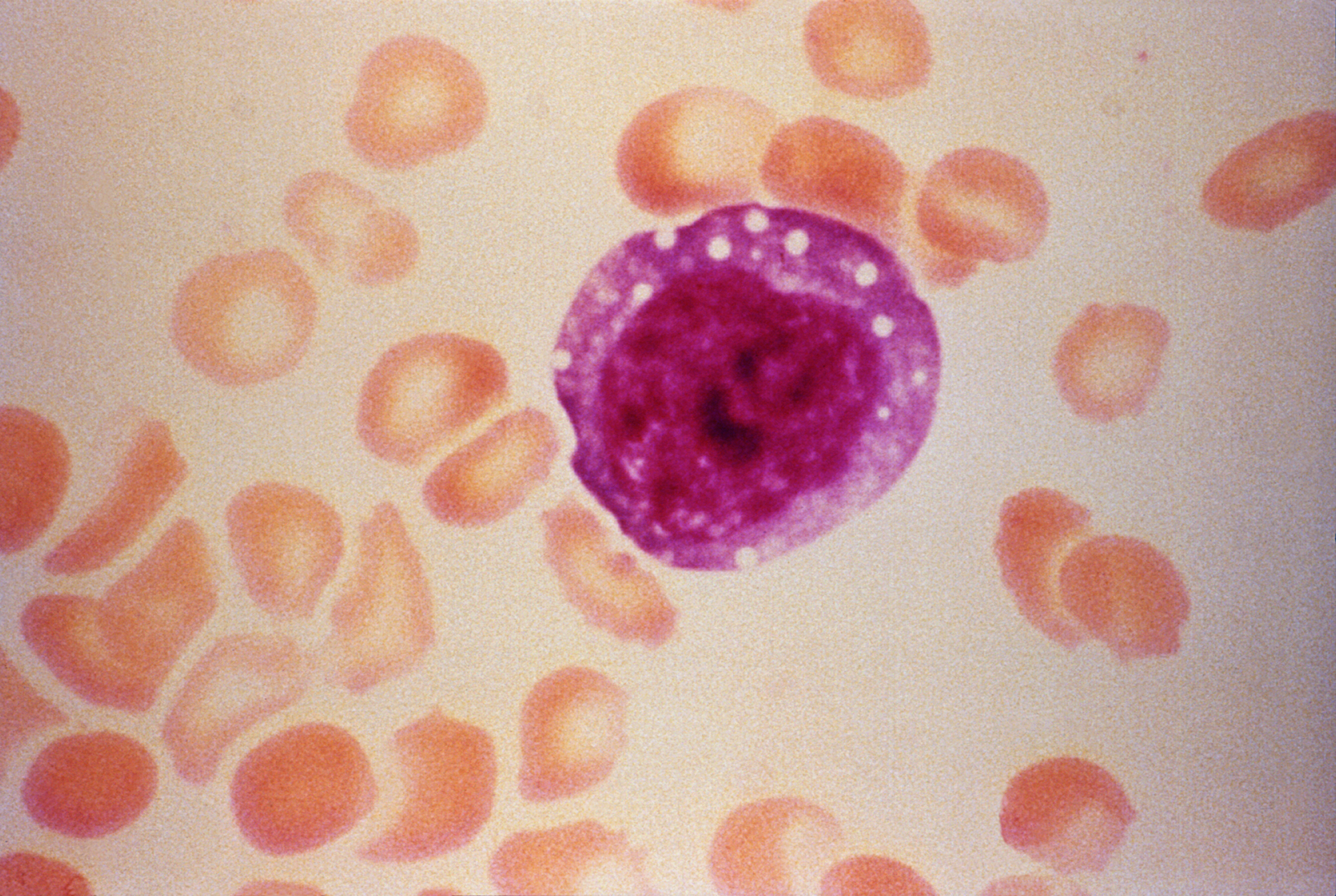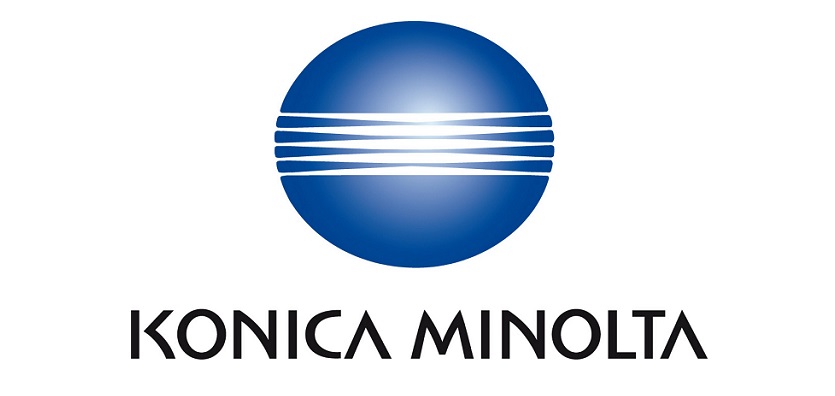
Singlera Genomics and its partner Breakthrough Genomics this week announced a research collaboration with the University of Pittsburgh around the early detection of pancreatic cancer.

By the year 2030, pancreatic cancer is expected to become the second most common cause of cancer deaths for both men and women in the United States, according to recent reports. While considered uncommon, inherited gene mutations can increase a person’s risk of developing pancreatic cancer.

Pancreatic cancer is a rare, yet elusive and deadly cancer, with a five-year survival rate of about 10%. If the cancer has metastasized, that rate lowers to 3%. And treatment options are extremely limited.

A large international collaboration led by researchers from the Johns Hopkins Kimmel Cancer Center has identified promising new targets for pancreatic cancer treatment and early diagnosis after examining various aspects of these tumors' genes and proteins.

The Precede consortium and Konica Minolta Precision Medicine said Tuesday that KMPM and its subsidiaries, Ambry Genetics and Invicro, have partnered with the international effort to advance diagnostic and screening approaches for pancreatic cancer early detection.
✔ All (5)
✔ Press release (0)
✔ Industry news (5)
Don’t miss important updates about the show and the in vitro diagnostic industry.
Sign-up for our newsletter today.

Copyright © 2026 GL events Ruihe (Shanghai) Exhibition Co., Ltd. All Rights Reserved. ( 沪ICP备12004745号-1 )

We deliver the latest IVD news straight to your inbox. Stay in touch with CACLP News.
sign-up for our newsletter today.



To ensure our newsletter hit your inbox, make sure to add @caclp.com to your safe senders list. And, as always, feel free to contact
us with any questions and thanks again for subscribing.
 Go back
Go back
